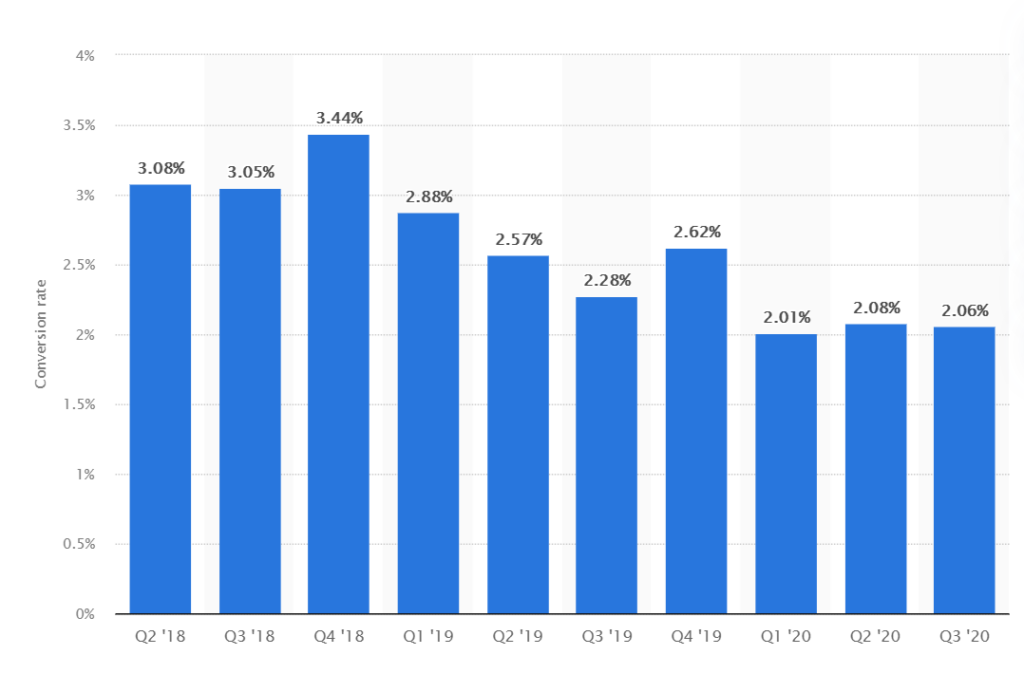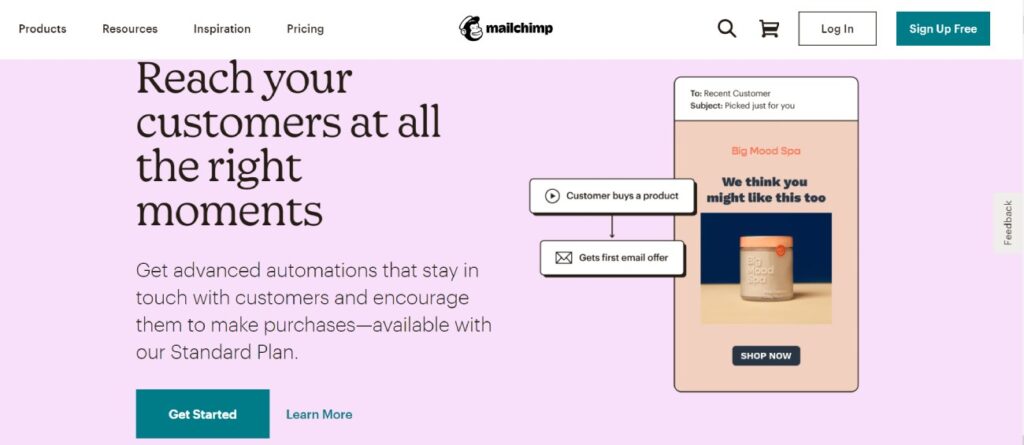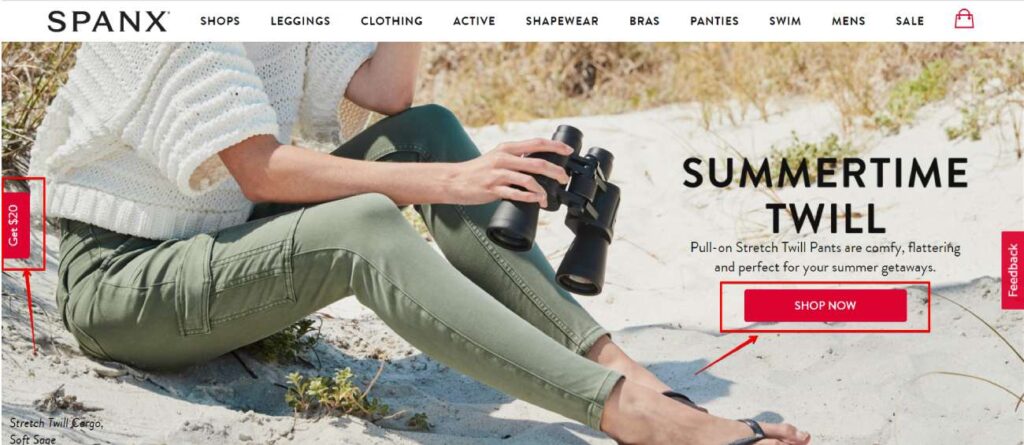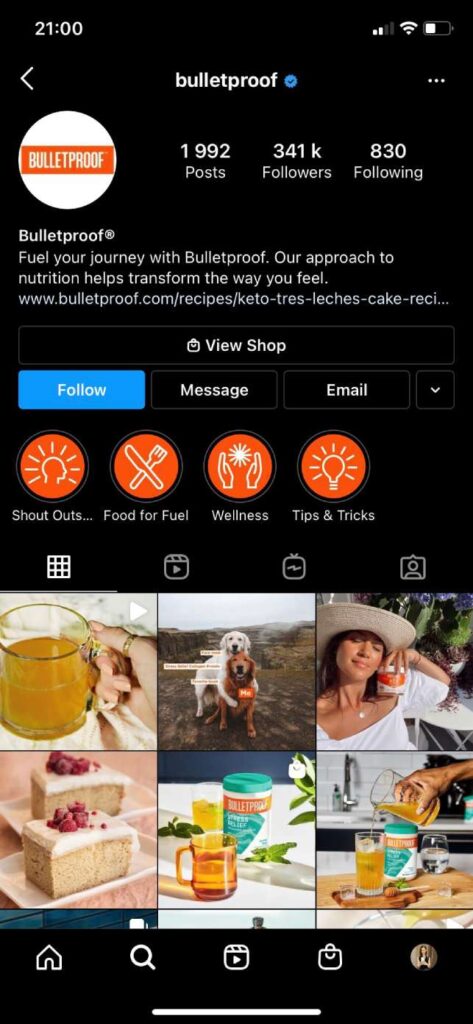Are you struggling to turn your leads into returning customers? These are the seven most possible reasons why it’s happening and seven tips on how you can troubleshoot them. Julia Serdiuk — an outreach specialist at HelpCrunch shares her experience.
Sometimes, marketers see leads as mysterious personalities. Who are they? What are their goals and wants? How do we get them on board? Businesses have many questions about who their marketing qualified lead is and how to earn their trust.
We know how nerve-wracking it can be to see how your lead generation mechanism fails and your marketing campaigns hit the highest costs without converting leads. You may watch the high keyword performance and the increasing number of monthly website visitors, but it means nothing if those numbers don’t turn into qualified leads.
According to Statista, only 2.06% of global e-commerce visitors converted into customers during the third quarter of 2020.

We are here to break the vicious circle and help you fill gaps in a lead generation process with the highest effectiveness. In this article, we provide the seven most possible reasons why your leads aren’t converting into paying clients and how you can troubleshoot these problems.
The target market is not properly identified
The primary reason why your leads don’t convert might be a misidentification of customer personas. Many businesses conduct quick customer persona research without getting into the detail of customer behavior, their intrinsic motivations, interests, and goals.
Some businesses don’t create customer personas at all and perform marketing intuitively based on their own biases, which is like shooting in the darkness. Profound customer persona research gives you the vision of whom your business has to target in every marketing campaign. It defines a communication strategy and helps build an actionable lead generation mechanism.
Your marketing message is wrong
If you are sure that your marketing campaigns are seen by the right people then a poorly formulated marketing message might be another reason why your leads don’t turn into customers. These few indicators will help you determine when your marketing message needs rethinking.
- The average time on the page is good, but conversions don’t reflect it.
- People ask questions that you have thought are already answered in marketing.
- Your product or service can solve customer problems, but prospects don’t seem to believe in it.
- Your leads go away when you ask for a sale.
It’s not enough to tell people how they can benefit from your product or service, you should say it in the right way. Try to speak their language. Dive deep into the context — think of what concerns, excites, and motivates prospects. Integrate your brand offering naturally into this context and let customers feel that a company cares and understands them.
We can learn from Mailchimp that successfully promotes its unique value proposition by using a very simple and engaging message “Reach your customers at all the right moments” on a homepage.

You misidentified what a qualified lead actually means
It’s said that a marketer is as good as the data they work with. The low number of leads may also be a result of monitoring wrong identifiers. While creating customer personas, checking customer journeys, and building lead generation strategies, make sure you have chosen the right way to detect qualified leads and the right parameters to monitor them. It will help you choose the most efficient lead magnet types and figure out the best marketing messages to trigger a conversion. Consider also changing your lead generation forms for collecting a different set of qualification data.
The customer journey map is incomplete
Customer personas and buyer journeys always come together like Oreo and milk. Once you created personas and qualified the right data to identify leads, build a buyer journey aka the way your prospect comes through before making a purchase.
You have also to double-check whether your buyer journey map is complete and there are no gaps between different sales funnel stages and points that trigger a sale. We recommend using marketing and sales funnel tools to facilitate the process of building lead generation mechanisms and buyer journeys.
When a buyer journey map is complete, it outlines all the questions people may have when navigating a decision-making process. This approach will help you check your website for holes in a customer journey.
Issues with the website navigation
If conversions go down, there can be another reason behind this problem, and it’s hidden in the website navigation. You have to run a variety of user tests on your website to figure out whether the navigation is convenient enough and it’s clear for users how they get to the last decision-making phase. User tests combined with digging into Google Analytics will help you understand where users struggle to find different kinds of information on a site.
It is important to test your website with real visitors as checking site usability on your own is ineffective and based on your psychological knowledge bias. You already have a lot of knowledge about the product, you have all the answers about it, and, finally, you know where everything is on a site. This is not going to help you improve navigation.
On the contrary, user testing will enable you to re-design a website for a better user experience and create knowledge bases that will provide customers with all the necessary information and help them get to their goals more easily. An excellent example of easy-to-use website navigation is a dropdown menu in the header of cosmetics store Morphe.

You need more conversion opportunities
There is an entire science of the call to action optimization that helps take users to the next step, closer to a conversation. Are you sure your CTAs are the right phrases or the right colors? Perhaps, they don’t cover a specific buyer journey stage.
Many marketers make mistakes by providing CTAs only for a decision-making stage, missing adding secondary CTAs to all other phases of a customer journey. In reality, 96% of visitors aren’t ready to make a purchase and need more nurture time.
Provide more motivation for visitors to learn about a product (for example, suggest watching a product demo or getting a discount). Here is a great instance of combining a primary CTA “Shop now” with a secondary CTA “Get $20” from Spanx.

Your main concern is money, not people
One of the possible factors impacting conversion rates is that you perceive customers as a way to pay bills. It shows in your marketing, and people feel that your main concern is their money, not their problems. These are several signs telling you that your customers feel that you want to take advantage of them:
- customer reviews are aggressive and wary;
- user retention rate is low;
- email open rate is low;
- your marketing seems not to perform;
- there is no social engagement.
People still are people. Humanize your marketing strategy, stay empathic in your messaging, and care about how your brand can help people tackle their problems. If you want to boost your sales, you can also try community building on social media. For example, Bulletproof adds a human touch to its Instagram marketing by integrating customer-generated content into it.



1 Comment